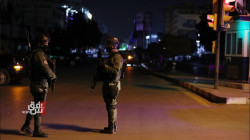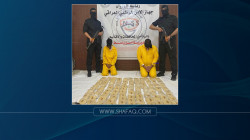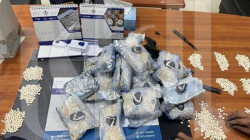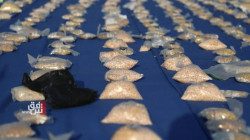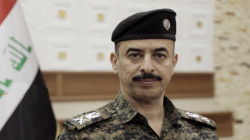Ayatollah Ali Al-Sistani's guidance on combating drug use and trafficking in Iraq
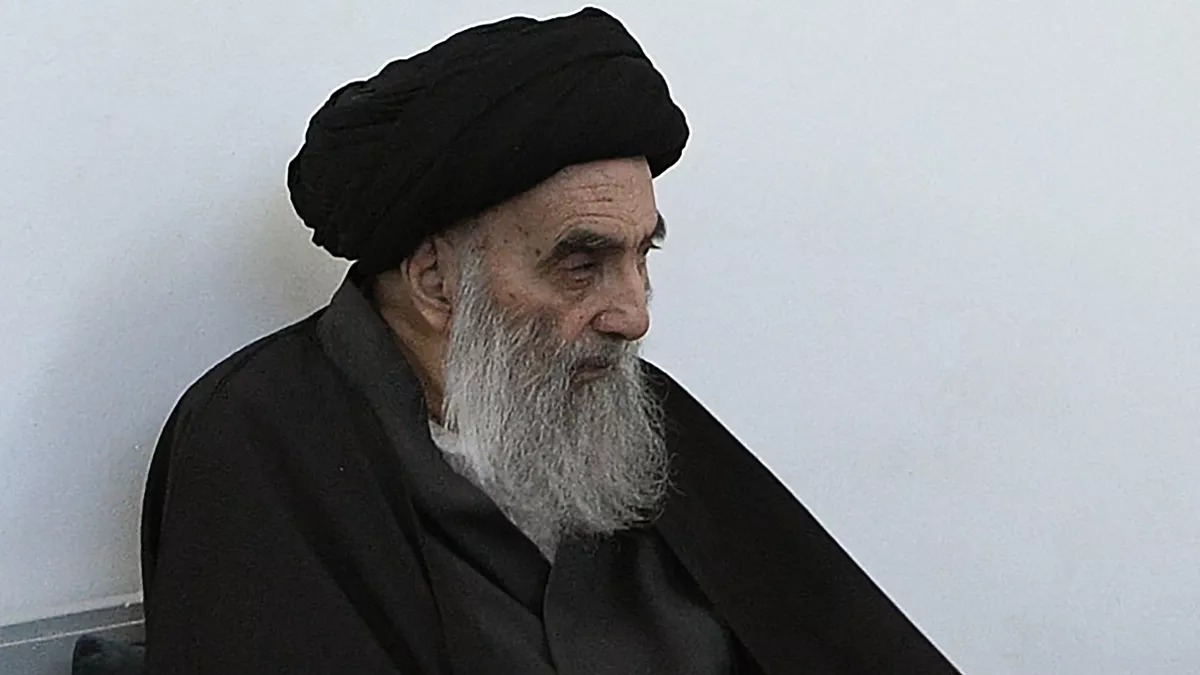
Shafaq News/ In recent years, Iraq has witnessed a troubling rise in drug trafficking and consumption, leading to severe social, economic, and health-related consequences. In response to these challenges, a top Shiite authority, Grand Ayatollah Ali Ali-Sistani, has addressed a series of crucial questions concerning the religious, ethical, and social dimensions of drug-related activities.
The Prohibition of Drugs
Ayatollah Al-Sistani unequivocally states that "all types of drugs that lead to addiction are strictly prohibited (haram) in Islam. This prohibition applies regardless of the method of consumption, whether oral, intravenous or through inhalation." The only exception is when a qualified specialist prescribes certain drugs containing addictive substances for specific medical conditions, and even then, it must be "strictly within the limits of the prescription."
Encouraging or Facilitating Drug Use
A particularly sensitive issue addressed by Ayatollah Al-Sistani is the moral responsibility of those who facilitate others' addiction, such as by providing drugs for free until the individual becomes dependent. This act is deemed "not only sinful but also morally reprehensible, with the facilitator bearing full responsibility for any harm caused." Ayatollah emphasizes the severe consequences of such actions, including the necessity for compensation for any physical or psychological damage inflicted.
Legal and Social Obligations
Ayatollah Al-Sistani further clarifies the religious obligation to refrain from engaging in or supporting the drug trade, including trafficking and sales. "Any income derived from such activities is considered unlawful (suhṭ), and it is forbidden to use it." He also advises against social interactions with individuals involved in drug trafficking, urging a form of social boycott to discourage this behavior.
Mandatory Reporting and Law Enforcement
On the question of reporting drug traffickers to the authorities, Ayatollah Al-Sistani insists that it is "obligatory" to do so, provided that there is no fear of harm and the report is likely to result in effective legal action. Additionally, he endorses participation in anti-drug law enforcement efforts, stating that it is a collective duty (wajib kifa'i) for those qualified to contribute to this critical mission.
Family and Custodial Rights
Addressing concerns about parental addiction, Ayatollah Al-Sistani outlines the responsibilities of non-addicted partner to protect their children. "If a partner's drug addiction poses a risk to the children's well-being, legal and religious measures should be taken to safeguard them, including possibly removing the children from the addict's custody."
Accountability in Anti-Drug Efforts
Ayatollah Al-Sistani also touches on the ethical standards expected from law enforcement and judicial officials. He condemns any negligence or corruption, such as accepting bribes to overlook drug crimes or falsely incriminating innocent individuals. "Such actions are deemed grave sins, warranting severe divine punishment and professional consequences, including disqualification from their roles."
Advice to Youth and Families
The Ayatollah provides specific advice to young people and their families on avoiding drug addiction. He stresses the importance of steering clear of negative influences and peer pressure, advising parents to monitor their children's social circles closely. He also encourages the use of educational and preventative measures to keep youth from falling prey to addiction.
The Role of Cultural and Religious Institutions
In his guidance, Ayatollah Al-Sistani underscores the vital role of cultural and religious institutions in raising awareness and educating the public about the dangers of drug use. He calls on educators, preachers, and media professionals to intensify their efforts in this area, using all available resources to combat this serious issue.

